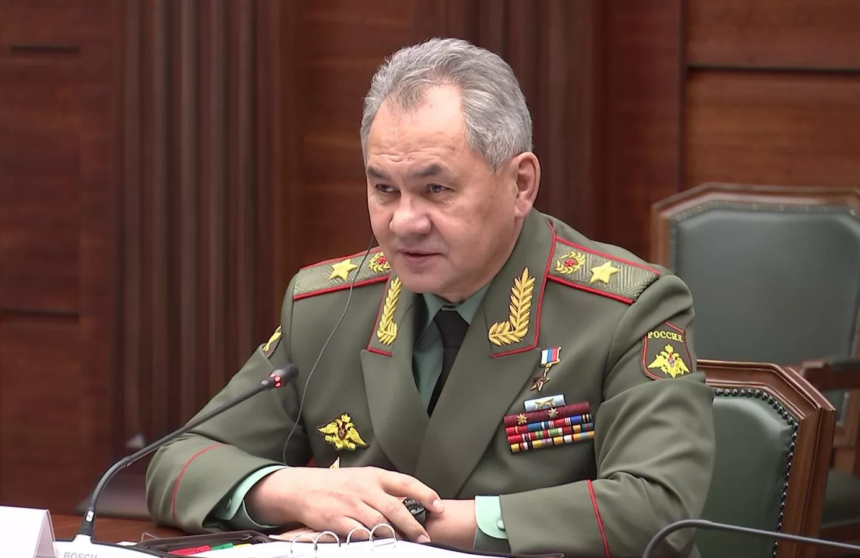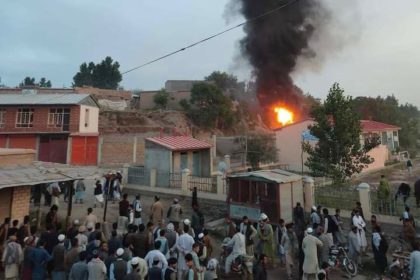RASC News Agency: Sergey Shoigu, Secretary of the Security Council of the Russian Federation, has announced that the ongoing security crisis in Afghanistan will be a central item on the agenda at the forthcoming Moscow International Security Conference. The summit, which will convene from May 27 to 29 in the Russian capital, is expected to draw representatives from over 150 countries, making it one of the most significant gatherings of global security officials in recent years. According to Shoigu, Afghanistan remains one of the most pressing security concerns for Russia and its regional partners. “Afghanistan, along with developments in the Middle East and Syria, is at the heart of our national security agenda,” he said during a pre-summit briefing. “The instability that persists in Afghanistan poses a tangible threat, not only to the immediate neighborhood but to international peace and security more broadly.”
Shoigu underlined that discussions at the summit will revolve around strengthening collaborative security frameworks with countries from the so-called “Global South” and “Global East.” These efforts, he noted, are intended to address emerging threats such as cross-border terrorism, radical extremism, transnational organized crime, and narcotics trafficking phenomena that continue to emanate from a deteriorating Afghanistan’s security environment. The Russian Security Council is particularly concerned with the potential resurgence of terrorist groups within Afghanistan’s borders, as well as the spillover effects of political instability into Central Asia and beyond. Russian intelligence agencies have repeatedly warned that Afghanistan could become a haven for extremist networks aiming to destabilize post-Soviet republics and undermine regional security architectures.
Shoigu also revealed that Russia will hold parallel strategic dialogues with the security chiefs of several multilateral organizations during the summit, including the Collective Security Treaty Organization (CSTO), the Shanghai Cooperation Organization (SCO), and BRICS. These meetings are expected to focus on intelligence-sharing, counterterrorism coordination, border security, and humanitarian responses to the Afghanistan’s crisis. In particular, Shoigu pointed to the need for a comprehensive, multilateral response to what he termed a “rapidly evolving security vacuum” in Afghanistan following the withdrawal of U.S. and NATO forces. “In the absence of a legitimate and inclusive political process, Afghanistan risks becoming a breeding ground for destabilizing forces,” he warned. “This necessitates a coordinated and sustained international engagement.”
The summit will also address Russia’s broader strategy in Central Asia and the post-Soviet sphere, including the reinforcement of joint military capabilities, cyber defense initiatives, and the development of counter-narcotics operations. Russia is expected to advocate for a stronger regional role in managing Afghanistan’s internal crisis, with an emphasis on sovereignty, territorial integrity, and non-interference. Despite its pragmatic engagement with the Taliban, Moscow has not formally recognized the group as the legitimate government of Afghanistan, citing ongoing concerns over human rights violations, particularly against women and minorities, and the lack of an inclusive political structure. Shoigu acknowledged these concerns and emphasized that the Afghanistani people must not be abandoned to the consequences of international neglect.
“The Moscow summit is not merely a diplomatic formality,” Shoigu concluded. “It is a strategic platform for shaping a collective security vision that responds to real and immediate threats. Afghanistan will be at the center of this dialogue, as its future will significantly influence the stability of the broader Eurasian region.”






